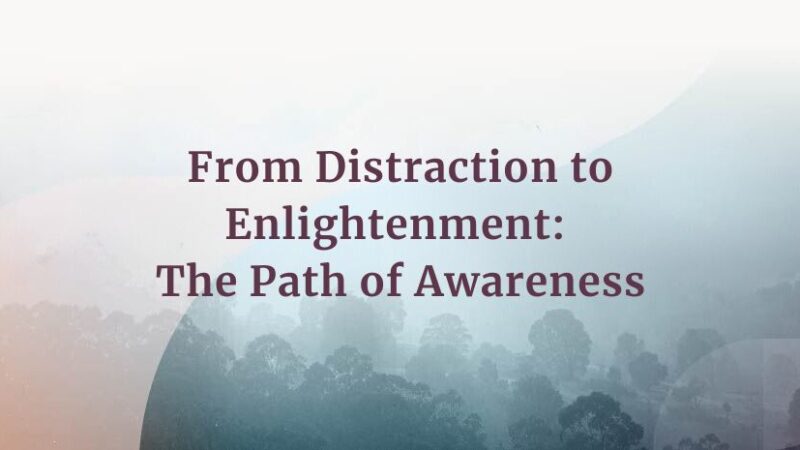Recently, someone who works at Sounds True asked me if I would be her “buddy” in an experiment. She is getting married in June,and she has historically been a nail-biter. She wants her finger nails to look beautiful and elegant when she reaches out her hand and her husband-to-be places the ring on her wedding finger (perhaps you can see the photograph of this moment in your mind?). Her question to me: Would I stop biting my finger nails (I have been an engaged nail-biter since childhood….it’s all coming out here on the ST blog site) as a way to support her in this goal?
At first I thought, forget it. I have never been successful at stopping biting my nails for very long and why should I bother with this. And then I thought, I love this person. And she almost never asks of anything of me. And she is getting MARRIED after all. I have to say “Yes” without giving this another thought. So I quickly took the leap and agreed.
Now here is the interesting thing: It has been almost a month since we made this agreement, and so far, I have been supremely vigilant in upholding my word (one small nail was ripped off, but otherwise I am ready to scratch anything with 9 long nails). Why is this approach working? Obviously, it’s not because I care about having good looking nails (since I haven’t for decades). It’s because I care about this person. I feel inspired by my love of her and my desire to support her in any way that I can. And beyond that, her goal matched a goal that I have that has been lingering under the surface.
And this has made me think about all of the support groups that exist for all kinds of things (from Weight Watchers to AA), and the tremendous power of creating a resolve not on our own but in relationship with another person. This is such an OBVIOUS point, but I have never seen this so clearly before. And as the Publisher of a company dedicated to transformation, I am asking some new questions: How can we help the Sounds True community link up (“buddy up”) with people who share similar transformational goals? Perhaps we could create “practice partnerships” where people check in with each other on a daily basis for a period of time in order to follow through on a commitment to a specific spiritual discipline? What type of vulnerability does it take to reach out and ask for support and how can we encourage people to do this? What other areas of my life do I want to “buddy up” with someone (whether that be a friend or coach) to achieve certain outcomes?
And at another level, I am reflecting on how much we simply need each other to grow and change. How another person’s love and presence can inspire us to stretch and do something differently, perhaps something we have always wanted to do but just didn’t have enough forward-motion on our own. And how this is the power of being accompanied and is something readily available we can offer and receive from each other.
And to take this even further, there are certain Sounds True authors who I feel are “accompanying” me on the spiritual path. Some of them might suspect they are playing that type of role in my life, others probably have no idea. These people are inner “touchstones” — their life and work inspires me to continue with my own life and work. Occasionally, during a difficult moment, I invoke their name or their face, and I feel heartened. And since this is all happening in the inner chambers of the heart, it is very possible that we don’t know who is feeling “accompanied” by our life, who is deriving strength and perseverance and follow-through from invoking our name and presence. I feel so grateful for all of the writers and teachers, past and present, who I draw on as “buddies”. It sounds trite to say “we need each other” and it is not strong enough language. My sense is that we actually exist for each other and because of each other. And the more wildly and passionately and freely we can acknowledge our companionship, the more daring we can be. We become supportive and supported risk-takers. We become fellow travelers on a journey where our love for each other calls us ever-deeper.








